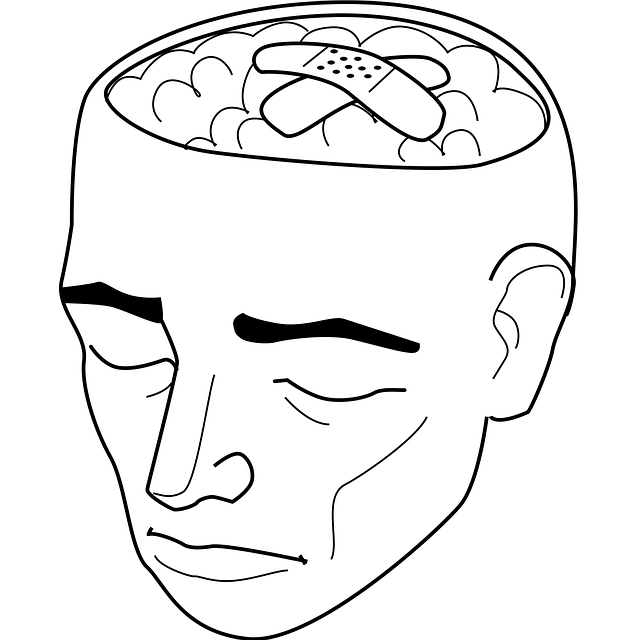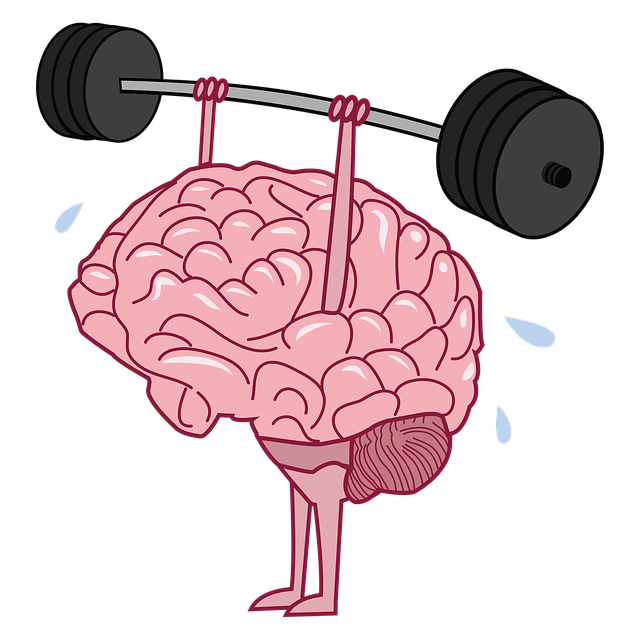Mental wellness is a holistic state encompassing emotional, psychological, and social well-being, influenced by environment, relationships, and personal experiences. Broomfield Obsessive Compulsive Disorder (OCD) Therapy addresses specific mental health challenges using evidence-based methods like Cognitive Behavioral Therapy (CBT), fostering self-acceptance and healthier coping strategies. This approach, combined with community outreach programs, raises OCD awareness and promotes early intervention for better outcomes. Long-term mental health requires a multifaceted strategy including therapy, mindfulness, physical activity, and risk management planning for professionals, emphasizing the role of consistent therapeutic practices like Broomfield OCD Therapy in fostering resilience and emotional well-being.
Mental wellness promotion is a multifaceted approach that involves understanding the impact of mental health on daily life. This article delves into key areas vital for maintaining emotional well-being, focusing on Broomfield Obsessive Compulsive Disorder (OCD) therapy as a game-changer. We explore recognizing and managing OCD symptoms, therapeutic strategies for effective treatment, and practical tips for sustaining long-term mental health. By understanding these elements, we empower folks to navigate life’s challenges with resilience and tranquility.
- Understanding Mental Wellness and Its Impact
- Recognizing and Overcoming OCD Symptoms
- Therapeutic Approaches for Effective Treatment
- Strategies for Maintaining Long-Term Mental Health
Understanding Mental Wellness and Its Impact

Mental wellness goes beyond the absence of mental illness; it encompasses a person’s emotional, psychological, and social well-being. Understanding this concept is crucial in promoting a healthy mind. Broomfield Obsessive Compulsive Disorder (OCD) Therapy, for instance, focuses on addressing specific mental health challenges while fostering overall resilience. It recognizes that mental wellness is influenced by various factors, including one’s environment, relationships, and personal experiences.
Compassion cultivation practices and empathy-building strategies play a significant role in enhancing mental wellness. By promoting self-acceptance and understanding, these approaches help individuals develop the courage to face their fears and challenges head-on. Furthermore, building confidence through various activities can empower people to navigate life’s ups and downs with greater ease. These strategies collectively contribute to creating a robust foundation for mental well-being, enabling individuals to lead fulfilling lives.
Recognizing and Overcoming OCD Symptoms

Recognizing OCD symptoms is a crucial step towards overcoming them. Obsessive Compulsive Disorder (OCD) manifests in various ways, often as persistent, intrusive thoughts or repetitive behaviors that seem impossible to control. Individuals may experience obsessions related to contamination, symmetry, or doubt, leading to compulsions like excessive cleaning, counting, or checking. Broomfield Obsessive Compulsive Disorder Therapy offers specialized support for those dealing with OCD, focusing on evidence-based treatments such as Cognitive Behavioral Therapy (CBT).
Through CBT, individuals learn to challenge and change their thought patterns and behaviors associated with OCD. This involves developing healthier coping mechanisms and self-care routines that promote better mental health. Additionally, Community Outreach Program Implementation can play a vital role in raising awareness about OCD, breaking down stigma, and encouraging those struggling with depression prevention strategies to seek help. Self-care routine development is another key aspect of managing OCD symptoms effectively.
Therapeutic Approaches for Effective Treatment

In addressing mental wellness promotion, therapeutic approaches play a pivotal role in effective treatment. Broomfield Obsessive Compulsive Disorder (OCD) Therapy is one such evidence-based method that has proven successful in helping individuals manage and overcome OCD symptoms. This form of therapy focuses on understanding the underlying causes and triggers of obsessive-compulsive behaviors, using techniques like cognitive behavioral therapy (CBT) to reframe negative thought patterns and reduce anxiety. By integrating various emotional healing processes, resilience building is enhanced, enabling clients to cope better with stressors that may have contributed to their OCD.
The therapeutic journey also involves a thorough risk assessment for mental health professionals, ensuring safe and supportive practices. This assessment not only helps in identifying potential risks but also guides the development of personalized treatment plans. Through tailored interventions, the process aims to strengthen coping mechanisms, foster self-reliance, and promote long-term mental wellness. By combining these approaches, mental health professionals can offer comprehensive care that addresses both the symptoms and underlying causes of OCD, ultimately contributing to improved quality of life for those seeking treatment.
Strategies for Maintaining Long-Term Mental Health

Maintaining long-term mental health involves a combination of proactive strategies and consistent practices. Individuals should prioritize emotional intelligence, learning to recognize and manage their emotions effectively, which can be enhanced through therapy and self-reflection. Incorporating mindfulness meditation into daily routines helps in reducing stress, increasing focus, and promoting emotional balance.
Additionally, developing robust coping mechanisms and engaging in regular physical activity are vital for sustained mental wellness. Risk management planning for mental health professionals is essential, ensuring they maintain healthy boundaries, set realistic work-life balances, and prioritize self-care to avoid burnout. Consistent therapy sessions, whether for Broomfield Obsessive Compulsive Disorder Therapy or other mental health concerns, can provide ongoing support, enabling individuals to navigate life’s challenges with resilience and sustained emotional well-being.
Mental wellness promotion involves a multi-faceted approach, from understanding and recognizing conditions like OCD to employing therapeutic strategies and implementing long-term maintenance plans. By integrating knowledge about mental health and accessible tools such as Broomfield Obsessive Compulsive Disorder (OCD) therapy, individuals can navigate their journey towards improved well-being. This comprehensive strategy ensures a more balanced and fulfilling life for all.














